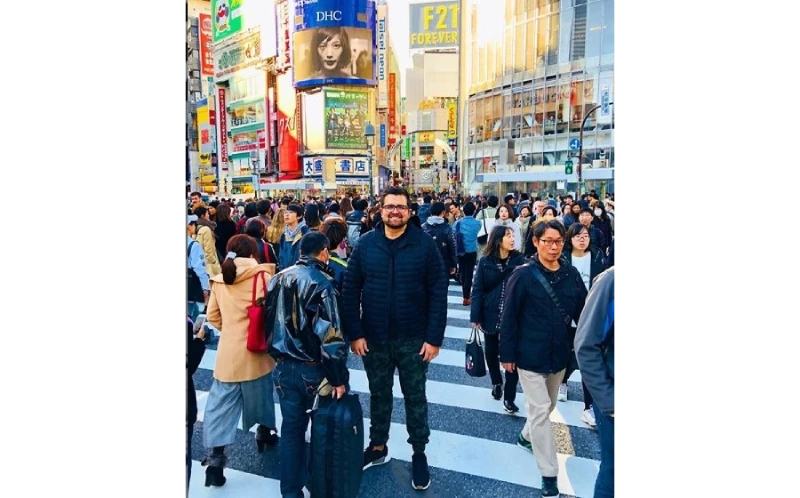
In 2007, Chase Norton came across a water crisis charitable foundation online based on the east coast. Norton was deeply affected after learning about the worldwide water crisis and seeing pictures of the billions of people who do not have access to clean drinking water. Growing up in a neighborhood of Newport Beach, drinking VOSS, Smart Water, Fiji and Acqua Panna was an everyday occurrence. Norton wanted to create a premium, consumer goods brand of bottled water delivery service that by its substantially higher price point would help build wells for people in third world countries who do not have access to clean drinking water. The water delivered is in fact described as “ultra pure”: MEND water goes through a rigorous 11 hour, 13 step purification process. It is tested, retested and recorded along each step of the way. Norton started MEND after quitting his job as a Series 7 Licensee Bond Broker for Finance 500.
The company is now delivering to all of Southern California and has a clientele that includes athletes, celebrities, high-profile executives, doctors, wellness centers, health-conscious families and more. With the right choices, we can make both our bodies and the world a healthier place to live in.
Bottled water has become a $4-billion-a-year industry in the U.S., according to the Natural Resources Defense Council (NRDC). The organization estimates that people spend 240 to 10,000 times more per gallon of bottled water than tap. Dietician Robin Kaiden says many in the medical community question whether bottled water can be bad for us, as it’s contained in plastic that may leak into the water if left in the heat. Drinking tap instead will save you about $200 a year, and if you’re still concerned, a basic faucet filtration will save you $150.
Bottled water is America’s most popular beverage category by volume. In recent years, sales of bottled water have surpassed those of carbonated soft drinks, and companies are increasingly seeking ways to add value to bottled water through flavorings, fortification and other price-altering attributes.
The federal government helpfully defines “bottled water” as water sealed in bottles or other containers without added ingredients. As additional water beverages enter the market, the FDA must determine how these new products will be regulated. Applying common sense, the regulations contemplate “bottled water” as an ingredient of “flavored bottled water.” The regulations apply when the term “water” is highlighted on the water beverage’s label. A carve-out to this general rule is that FDA considers soda water, tonic water, seltzer, and water with added carbonation as soft drinks, rather than as “bottled water.”
The FDA regulates bottled water as a food and imposes national safety and labeling requirements. Bottled waters need to pass safety requirements, particularly compliance with good manufacturing practices.
Akola, Maharashtra – A trailblazer in psychiatry and holistic healing, Dr. Deepak Kelkar has spent… Read More
Philanthropic work plays a key role in addressing the most important challenges faced by societies… Read More
Global health surpasses national boundaries to produce widespread impacts across communities throughout the world. Different… Read More
As a branding expert, PR manager, and rising name in real estate and automobile, Syeddubai… Read More
Even though parenting is described as one of the most rewarding journeys, it is indeed… Read More
Successful deal sourcing is a cornerstone of investment planning, influencing everything from the quality of… Read More